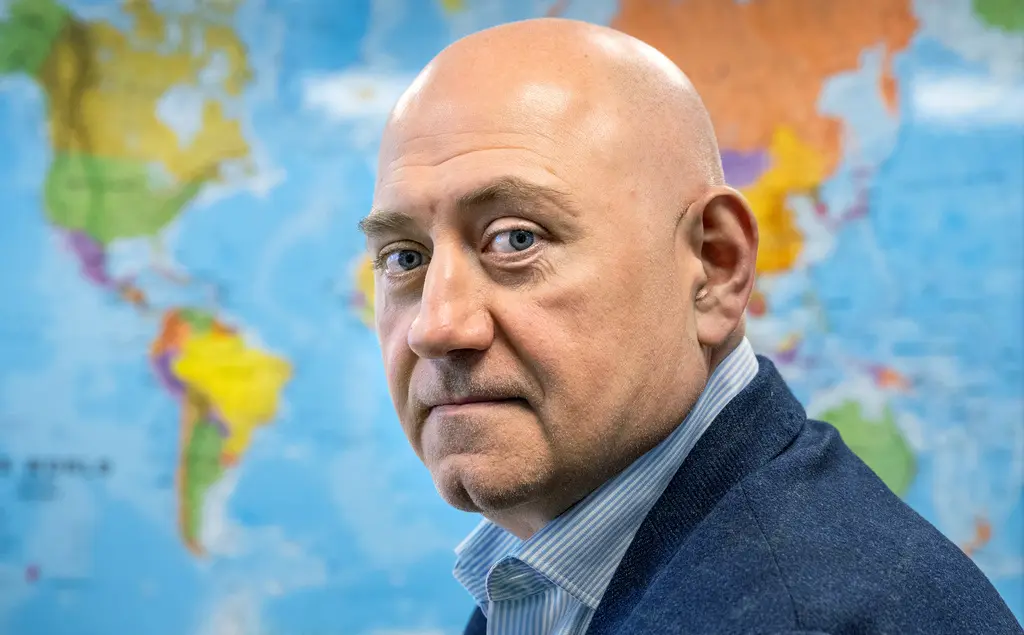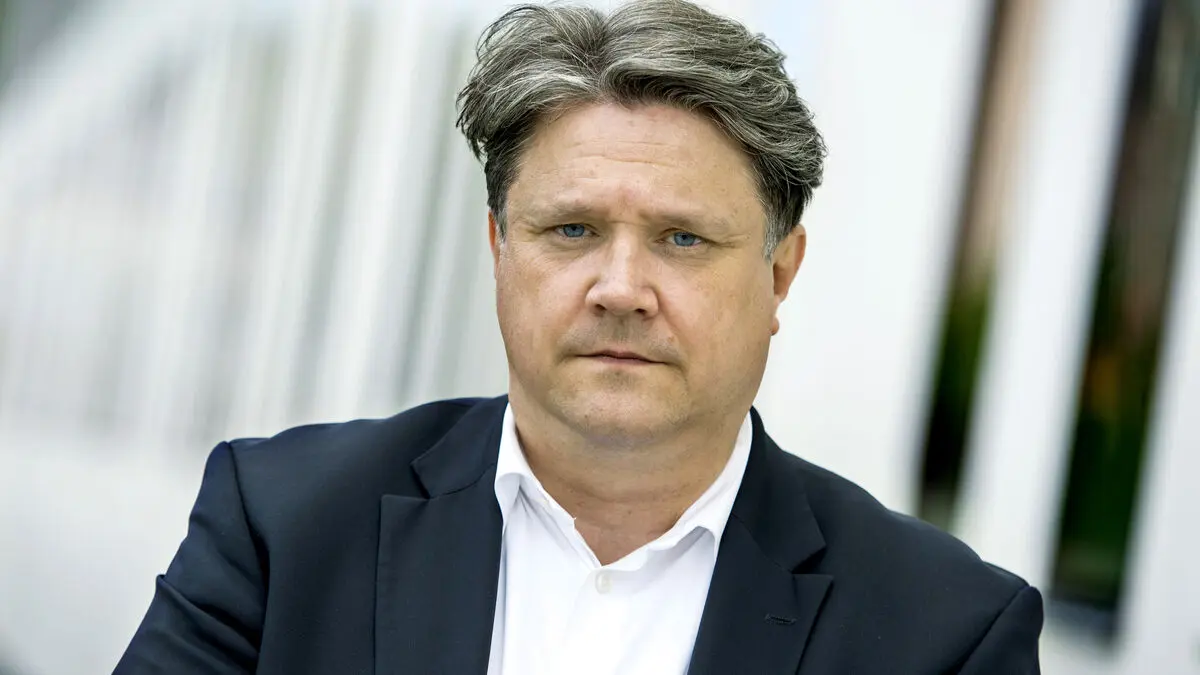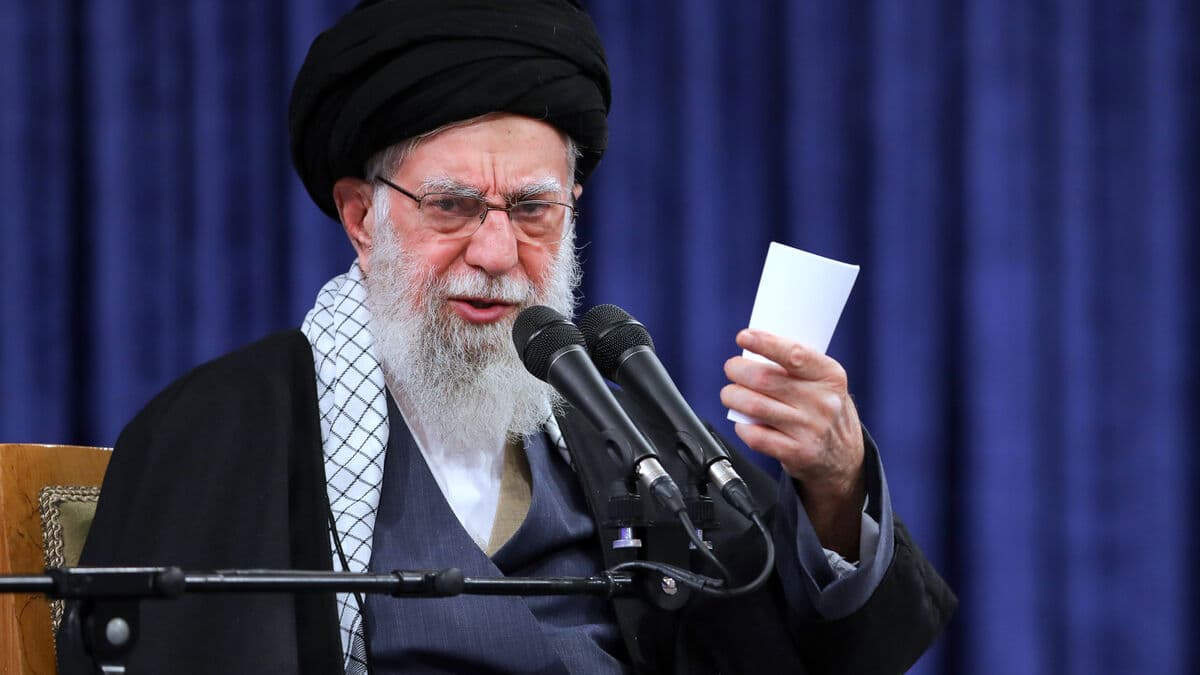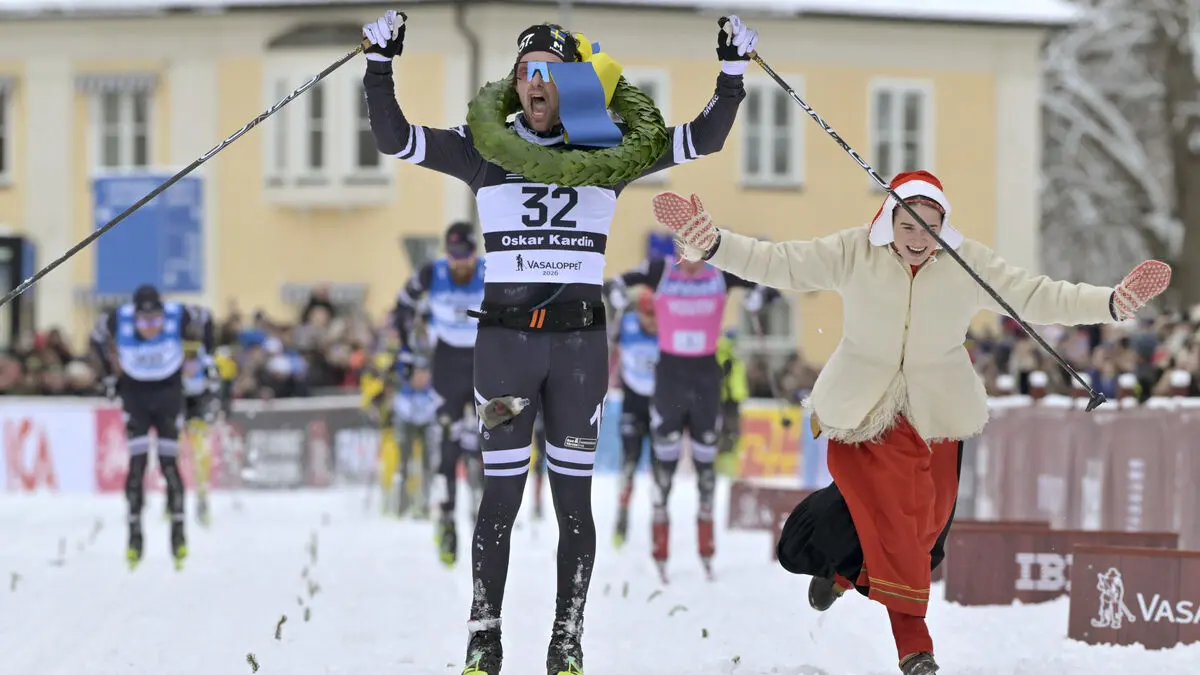Dimitri Tskitisjvili left Georgia's disputed ruling party in 2019. Today, he sees his former party colleagues' grip on power harden – at the expense of the dream of EU membership and a living civil society.
I don't know them anymore. They changed with power, he says.
It's all about power, according to former MP Dimitri Tskitisjvili. To consolidate power, to keep it, to get more of it. To succeed, the ruling party, Georgian Dream, spares no means, he says.
It wasn't always like this. Tskitisjvili – who has a background in the socialist left – describes a progressive, pro-European coalition, with promises of democratic reforms and sights set on EU membership. When the government instead became increasingly authoritarian, he and a dozen colleagues chose to leave in 2019.
I understood that there was no way back. We left at exactly the right time, he says in an interview with TT during a visit to Stockholm.
Focusing on the Election
Since then, things have gone downhill fast, claims Tskitisjvili. The EU dream has been replaced by flirting with Russia and controversial law changes have been pushed through despite fierce protests.
The newly introduced so-called agent law, which means that organisations receiving money from abroad are considered to be acting in "foreign powers' interests", is, according to Tskitisjvili, aimed at stopping all critics ahead of Georgia's parliamentary election in October.
The law gives the government a tool to stop observers and grassroots organisations that monitor the election, he says.
Georgian Dream wants to win at any cost. It doesn't matter if it's free and democratic elections or not.
"No One Has So Much"
Nearly 30,000 organisations and media outlets are affected by the law – including Dimitri Tskitisjvili's democracy organisation, Georgian Progressive Forum. For those who refuse to register as foreign agents or disclose their finances – or happen to fill in a form incorrectly – fines of over SEK 90,000 await. To begin with.
We're trying to find ways to survive, but it's tough. No one in Georgia has that much money, he says.
The law is likened to a Russian law used to restrict civil society, regime critics, and organisations dealing with democracy and election issues. Observers accuse Georgian Dream of acting as puppets for Russia.
More Brutal
Dimitri Tskitisjvili believes the party is smarter than that.
I think they're playing puppets. This is only about staying in power – they have no moral boundaries when it comes to succeeding.
Fears for the future are growing, he says.
Every next step will be more brutal than the last. The longer they go, the more force they'll need to use. Suppress more groups, ban more organisations. Move more and more towards a Russian system.
Georgia's so-called agent legislation came into force on 3 June, after months of popular protests. The law means that organisations receiving more than a fifth of their funding from abroad must register with the authorities as organisations acting in foreign powers' interests.
The law raises questions about press freedom, aid from, among others, Sweden, and the law itself, which appears to have been modelled on a Russian law used to restrict civil society and regime critics.
The government motivates it by saying that greater transparency is needed in certain financial flows to the country.
Georgia has recently become a candidate for EU membership, but the new law is deemed to contradict several fundamental criteria for the country to become a full member.
A few opinion polls conducted in recent years have shown that a large majority of Georgia's population – more than four out of five – want the country to join the EU.






